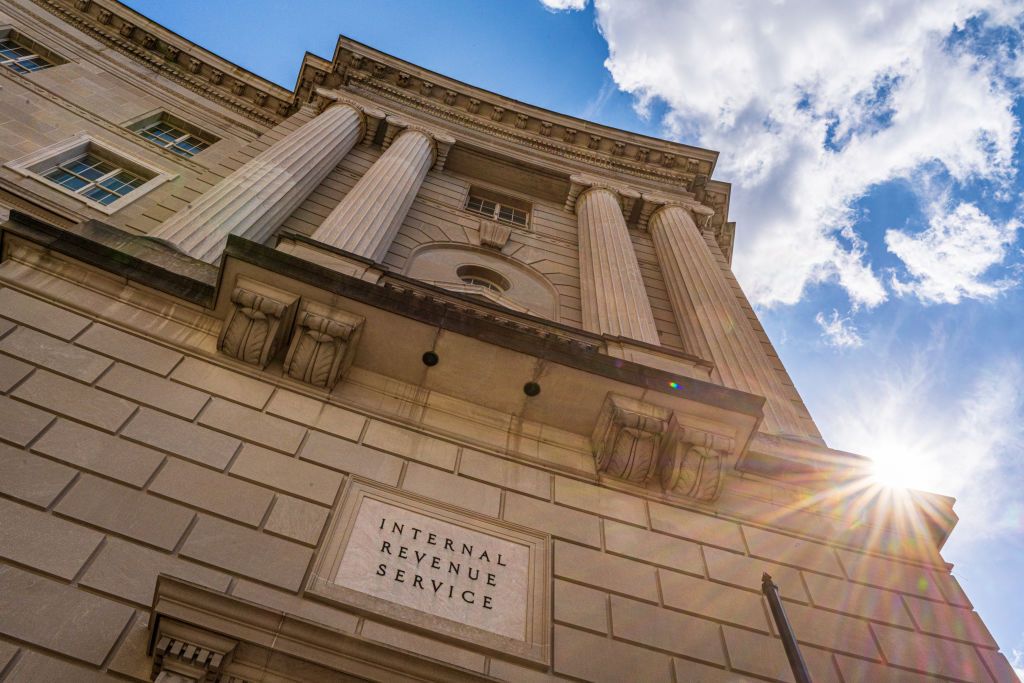Cryptocurrency has reached new heights in 2024, with Bitcoin surpassing the $100,000 mark and digital assets becoming a mainstream part of investment portfolios. However, amidst these achievements, there is a significant issue that often goes overlooked: estate planning challenges specific to cryptocurrency and other digital assets.
Unlike traditional assets, cryptocurrencies and digital assets operate outside of conventional estate planning frameworks. Their decentralized nature, reliance on private keys, and anonymity present unique challenges when it comes to passing them on to heirs. Without proper planning, crypto holdings can be lost forever, caught up in legal disputes, or heavily taxed.
According to Chainalysis, almost 20% of all bitcoin is lost or stranded, much of it due to misplaced private keys or owners passing away without a plan for transferring their valuable assets to their heirs. As the value of digital wealth continues to grow, the risks associated with inadequate planning also increase.
With the Tax Cuts and Jobs Act of 2017 set to expire in 2025, there may be significant changes to the legal frameworks surrounding wealth transfer. For cryptocurrency holders, this presents an opportunity to reassess their plans and ensure the protection and smooth transfer of digital assets to future generations.
The impending changes to tax laws in 2025, including the reduction of estate tax exemptions, make it more urgent for cryptocurrency holders to take action. The IRS’s new reporting requirements for digital assets, scheduled to take effect in 2025, will also increase scrutiny and compliance obligations.
To address these challenges and capitalize on opportunities before the tax law changes, cryptocurrency holders should consider implementing the following strategies:
1. Create Digital Asset-Specific Estate Plans: Traditional wills and trusts may not adequately address cryptocurrency holdings. A comprehensive estate plan should include instructions for accessing private keys, wallets, and recovery phrases, along with a secure inventory of digital assets.
2. Utilize Gift Exclusions and Lifetime Gifting: Take advantage of the current high exemption levels to transfer digital assets out of taxable estates through gifting or placing assets in trusts before exemptions are reduced in 2026.
3. Implement Multi-Signature Wallets and Collaborative Custody: Enhance security and estate planning by using multi-signature wallets and collaborative custody arrangements that require multiple parties to authorize transactions.
4. Consider LLCs and Asset Protection Trusts: Protect digital assets from creditors and legal claims by placing them in LLCs or transferring ownership to asset protection trusts. This can also streamline the transfer of assets to heirs and bypass probate courts.
5. Stay Informed About Regulatory Changes: Given the evolving nature of IRS rules on cryptocurrency transactions, it is essential to stay ahead of regulatory changes and ensure compliance with tax laws to facilitate tax-efficient wealth transfers.
Looking ahead to 2025, it is crucial for the cryptocurrency community to address the estate planning challenges associated with digital assets. By taking proactive steps now, such as establishing estate plans, creating trusts, or implementing gifting strategies, investors can protect their digital wealth and ensure a smooth transfer to future generations.
As the value of digital assets continues to rise and tax laws evolve, it is essential for cryptocurrency holders to plan ahead and protect their wealth for the future. By acting decisively now, investors can safeguard their digital fortune and leave a lasting legacy for their heirs. Remember, failing to plan is planning to fail, so take action now to secure your digital wealth in the years to come. The Benefits of Practicing Mindfulness Meditation
In today’s fast-paced world, many people find themselves feeling stressed, anxious, and overwhelmed. With the constant demands of work, family, and everyday life, it can be challenging to find a moment of peace and calm. This is where mindfulness meditation comes in.
Mindfulness meditation is a practice that involves focusing on the present moment and being fully aware of your thoughts, feelings, and sensations without judgment. By cultivating this awareness, individuals are able to reduce stress, improve their mental well-being, and enhance their overall quality of life.
One of the key benefits of practicing mindfulness meditation is its ability to reduce stress and anxiety. When we are constantly worrying about the past or future, our minds can become overwhelmed with negative thoughts and emotions. By bringing our attention to the present moment, we can break this cycle of rumination and find a sense of calm and tranquility.
Research has shown that mindfulness meditation can also have a positive impact on our physical health. Studies have found that regular practice can lower blood pressure, improve sleep quality, and boost the immune system. By reducing stress and promoting relaxation, mindfulness meditation can help prevent a variety of health issues, including heart disease, depression, and chronic pain.
Furthermore, mindfulness meditation can improve our mental well-being by enhancing our ability to focus, concentrate, and make decisions. By training our minds to be more present and attentive, we can increase our cognitive abilities and reduce distractions. This can lead to greater productivity, creativity, and overall success in both our personal and professional lives.
In addition to these benefits, mindfulness meditation can also improve our relationships with others. By being more present and aware of our thoughts and emotions, we can communicate more effectively, empathize with others, and develop deeper connections. This can lead to stronger bonds, increased compassion, and a greater sense of community and belonging.
Overall, mindfulness meditation is a powerful practice that can have a profound impact on our well-being. By cultivating awareness, reducing stress, and improving our mental and physical health, we can live more fulfilling and meaningful lives. So why not give it a try and experience the benefits for yourself?

